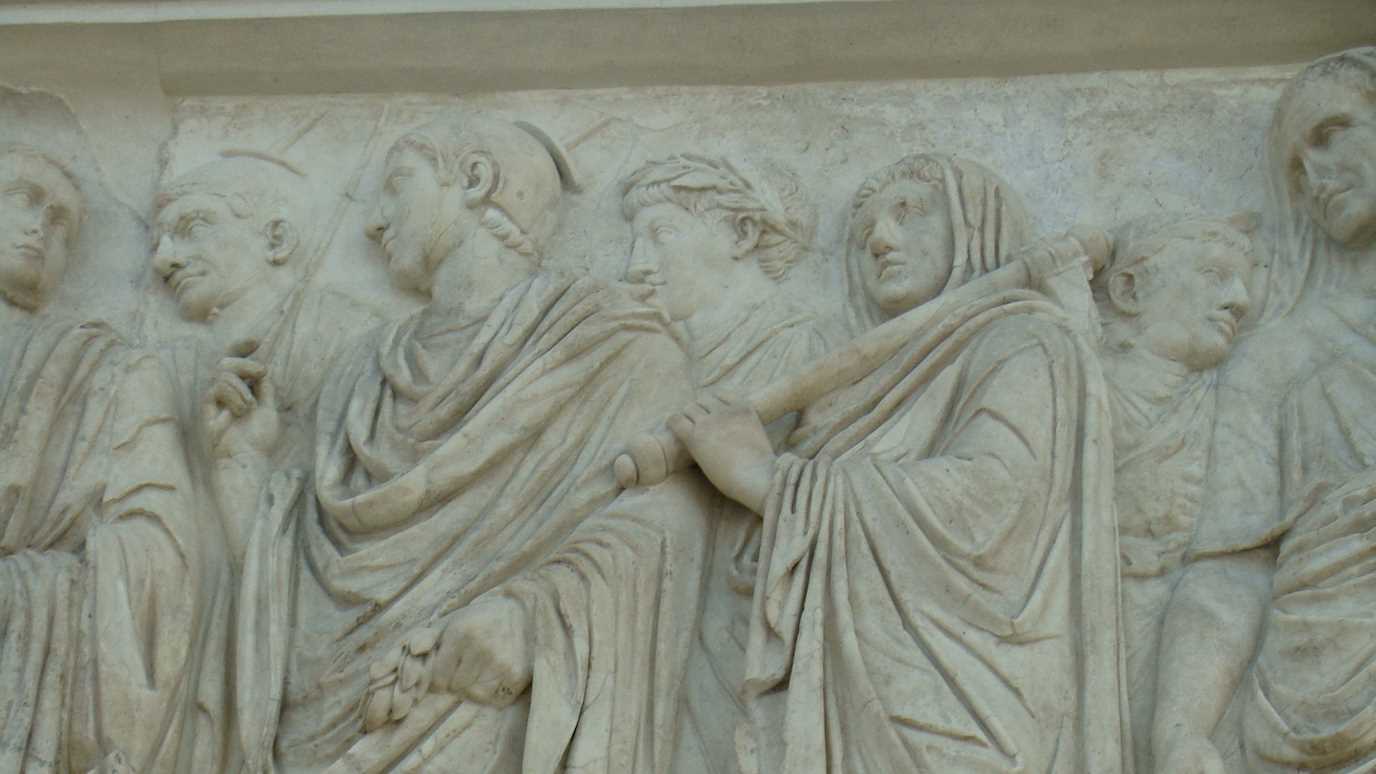I’m a social and cultural historian of late antiquity, the period when the Roman Empire had begun its long decline and the post-Roman kingdoms and empires had begun to take root (roughly AD 100 to 700). My research explores the role of women, children, and adolescents in religious and social change, and the distinctive (and sometimes disturbing) institutions of household and family such as marriage, asceticism, slavery, and domestic violence or exploitation.
Story-telling and memory are at the heart of my teaching and writing. How do we know what we know about the people of the past? What factors led to certain stories being preserved, while others were allowed to lie untold until they were forgotten? This is a key question for the history of women and children, but it is important for all historians.
So one of my keenest interests is in early Christian women, both as the tellers of the ‘viral stories’ of their era – some of which still survive – and as the heroines of many of those stories. The book I’m most proud of, Band of Angels: The Forgotten World of Early Christian Women, assesses what we know about these women, both to establish what we can reasonably say we know about women’s leadership at the end of antiquity and to explore the distinctive role of women as what modern social science might call ‘brand ambassadors’.
Other significant work includes my first book, The Virgin and the Bride (1996), which offered a breakthrough analysis of the changing rhetoric of gender in late antiquity, tracing how and why virginity replaced motherhood as the iconic credential of female moral authority. The second, The Fall of the Roman Household (2007), took up the problem of the Christianization of the family from a more empirical perspective, arguing for the continued importance of the married female householders who had been ‘left behind’ by the rise of the virginal ideal.
When I was growing up in Washington, DC in the 1960s, I was fascinated by the strange world of nineteenth- and twentieth-century Alabama, the world my mother came from. Some of the memories were incredibly painful – indeed, the more painful stories were the ones that lived on in memory the most vividly. It may seem like a remarkable jump from there to early Christianity and the fall of the Roman Empire, but I find that understanding the inner workings of a different place and time is in some ways just as challenging when you are studying a world close to your own as one farther away.
A multi-year research project, The Family in Slavery and Freedom, explores the differing experiences of elite and enslaved women and children and the problem of domestic exploitation in the wider framework of late Roman power relations, drawing on studies of comparatively document-rich slave societies in later periods. (There is surprisingly good evidence, for example, for violence against enslaved women by female owners at this period, which resonates with what we know about the plantations of the Antebellum South.) A recently completed edited collection, Conflict and Social Control in Late Antiquity: The Violence of Small Worlds (jointly edited with Jamie Wood) surveys relations of dominance and exploitation in the small-scale social structures of the late Roman world.
How these small-scale histories are intertwined with the wider history of power, exploitation, and violence is a central interest of my present and future work. A Leverhulme Major Fellowship from 2012-15, The Early Christian Martyr Acts: A New Approach to Ancient Heroes of Resistance, explored the role of martyrdom as a tool of religious change (both in real-life popular resistance movements and in story-telling and memory). A more recent study, ‘Constantine the Populist’ (2019), re-imagines the changing landscape of late Roman political authority at a time when a new form of ‘toxic masculinity’ was on the rise.
More information about my research is available via PURE
Email - Kate Cooper
Twitter - @kateantiquity























